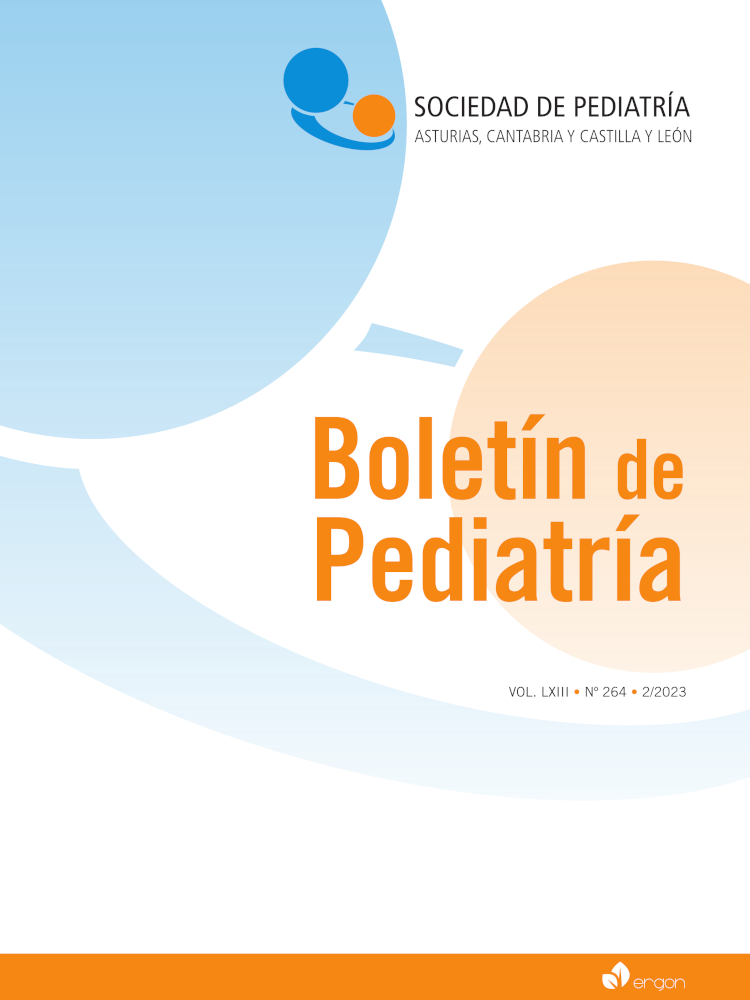Abstract
Background. Breastfeeding (BF) is the optimal way to nourish newborns and infants, due to the multiple benefits it offers. The aim of this study was to estimate the prevalence and incidence of breastfeeding and identify the risk factors related with breastfeeding weaning.
Methods. A prospective, observational study was performed on healthy newborns in the area of Valladolid-East, Spain, between October 2015 and February 2016. Questionnaires were completed by mothers at discharge from maternity and and follow-up through telephone interviews for 2 years, carried out at 6, 12, 18 and 24 months postpartum. Sociodemographic variables, gestational, perinatal and breastfeeding data were collected. Univariate and multivariate Cox regression analysis were performed.
Results. A total of 223 newborns were included. At hospital discharge, 201 newborns (90.1%) received breastfeeding (71.3% exclusive breastfeeding and 18.8% partial breastfeeding). At 6 months, prevalence of breastfeeding was 51.7%, 21.4% at 12 months and 3% at 24 months. Risk factors for stopping breastfeeding were: not having previously breastfed (HR 1.65; IC95% 1.13-2.42) or previous breastfeeding less than 3 months (HR 4.81; IC95% 2.32-9.25), tobacco consumption during gestation (HR 2.57; IC95% 1.59-4.1), C-section without delivery work (HR 1.79; IC95% 1.08-2.98) and birthweight below 2,800 g (HR 1.57; IC95% 1.02-2.43).
Conclusions. The rate of initiation of breastfeeding is similar to that of other national studies. Several risk factors related to the cessation of breastfeeding were identified. This is an important finding so as to design support strategies that will promote the maintenance of breastfeeding.

This work is licensed under a Creative Commons Attribution-NonCommercial 4.0 International License.
Copyright (c) 2024 Boletín de Pediatría
